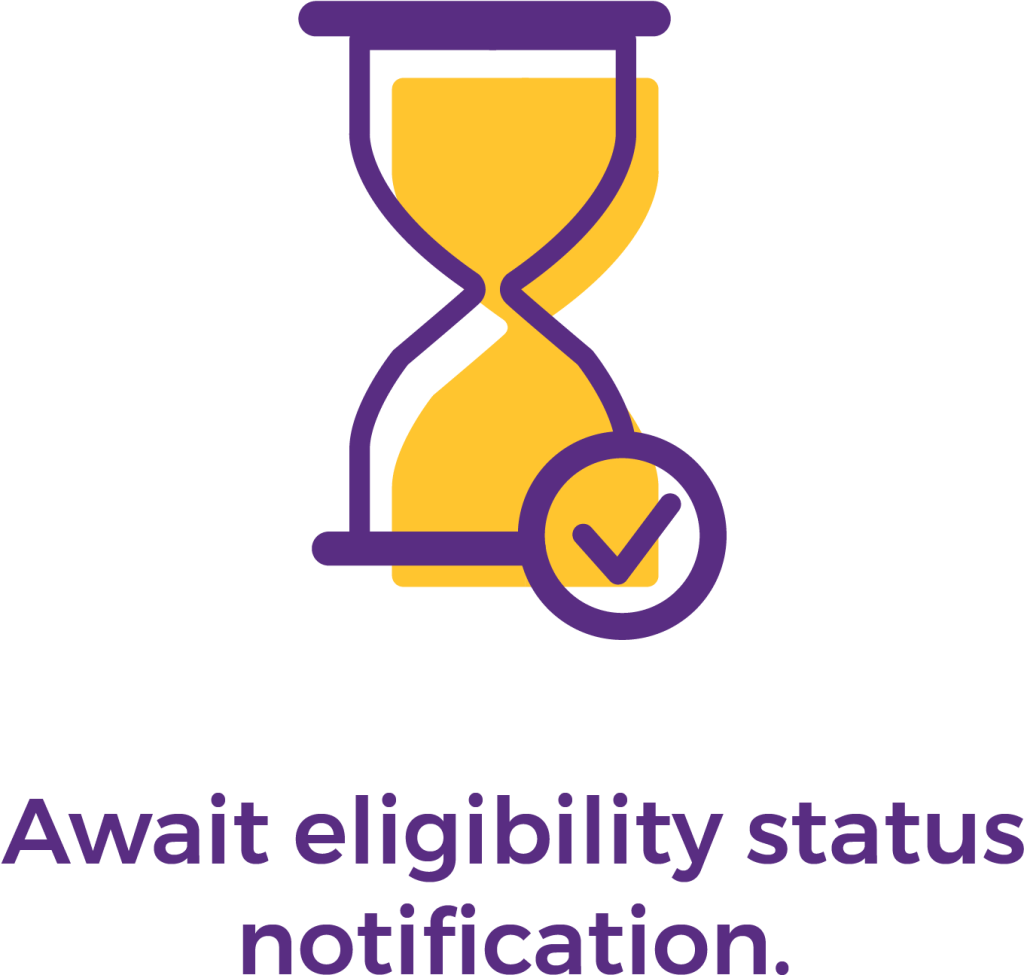F-1 and F-2 Visa: A Comprehensive Guide
If you are considering studying in the United States or accompanying a family member pursuing education there, understanding the F-1 and F-2 Visa categories is crucial. These non-immigrant visas allow international students and their dependents to live in the U.S. for academic purposes. Here, we explore their purposes, rights, restrictions, and application processes.
What is the F-1 Visa?
The F-1 Visa is a non-immigrant visa for international students who wish to pursue full-time studies at accredited academic institutions in the U.S. These institutions include universities, colleges, high schools, private elementary schools, and language training programs. Designed for educational purposes, the F-1 Visa also provides limited work opportunities during and after studies under specific conditions.

Work Opportunities for F-1 Visa Holders
F-1 Visa holders are primarily in the U.S. for education, but they can work under certain conditions:
- On-Campus Employment: Students may work up to 20 hours per week during the academic term and full-time during breaks. Jobs must be directly related to the institution, such as library assistant or research roles.
- Curricular Practical Training (CPT): CPT allows work directly tied to the student’s major, such as internships or co-op programs. This requires Designated School Official (DSO) approval and must be part of the curriculum.
- Optional Practical Training (OPT): OPT provides temporary employment in the student’s field of study, available both during and after studies. STEM degree holders may qualify for a 24-month extension beyond the standard 12 months.
- Economic Hardship Employment: In cases of unforeseen financial hardship, students may apply for off-campus employment authorization from U.S. Citizenship and Immigration Services (USCIS).
Post-Graduation Options
After graduation, F-1 Visa holders can extend their stay through post-completion OPT or STEM OPT. Some may transition to an H-1B work visa or other non-immigrant visa categories if sponsored by a U.S. employer.
What is the F-2 Visa?
The F-2 Visa is for dependents of F-1 Visa holders, including spouses and unmarried children under 21. It allows families to accompany the primary visa holder during their stay in the U.S.
Rights and Restrictions for F-2 Visa Holders
- Living in the U.S.: F-2 dependents can reside in the U.S. as long as the F-1 Visa holder maintains their status.
- Education for Children: F-2 children can attend public schools from kindergarten through 12th grade.
- Part-Time Study for Spouses: F-2 spouses may study part-time but cannot enroll in full-time degree programs unless they change their visa status to F-1.
- Work Restrictions: F-2 Visa holders cannot work or earn income in the U.S. To work, they must transition to a visa category that permits employment.
Changing Status for F-2 Visa Holders
F-2 Visa holders can apply for a change of status if they wish to:
- Pursue full-time studies (F-1 Visa).
- Accept employment in specialized fields (H-1B Visa).
- Join cultural exchange programs (J-1 Visa).
Application Process for F-1 and F-2 Visas
F-1 Visa Application Steps
- Receive Form I-20: Obtain the Certificate of Eligibility from your institution.
- Complete Form DS-160: Submit the online non-immigrant visa application.
- Pay SEVIS Fee: This fee supports the Student and Exchange Visitor Information System.
- Visa Interview: Attend an interview at a U.S. Embassy or Consulate.
- Provide Supporting Documents: Include proof of financial support, academic transcripts, and admission letters.


F-2 Visa Application Steps
- Obtain Form I-20 for Dependents: The F-1 Visa holder’s institution will issue this document.
- Complete Form DS-160: Submit the non-immigrant visa application online.
- Visa Interview: Schedule and attend the interview.
- Provide Supporting Documents: Include the F-1 Visa holder’s I-20 form, financial proof, and marriage or birth certificates.
Key Considerations for F-1 and F-2 Visa Holders
- Maintain Status: F-1 students must stay enrolled full-time and comply with visa regulations. F-2 dependents’ status depends on the F-1 Visa holder’s compliance.
- Social Security Number (SSN): F-1 students need an SSN to work in the U.S.
- Taxes: Both F-1 and F-2 Visa holders must adhere to U.S. tax laws.
FAQ
Yes we do provide expert support for SOP.
You can join us “test titans website” for best band score.
Yes we provide end-to-end support.
student visa processing is completely FREE.
Lookwise need more improvement. Tabs can look like buttons if possible. Thanks!
